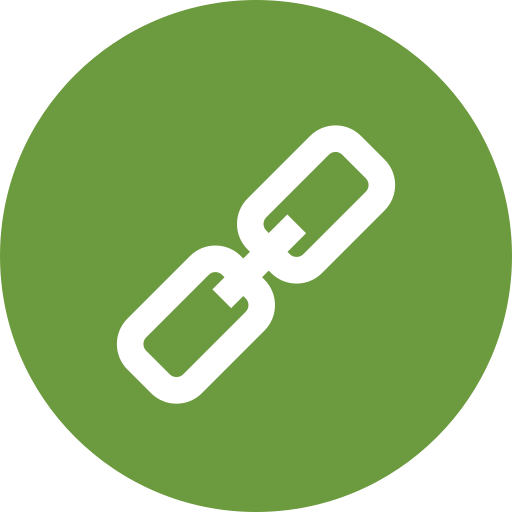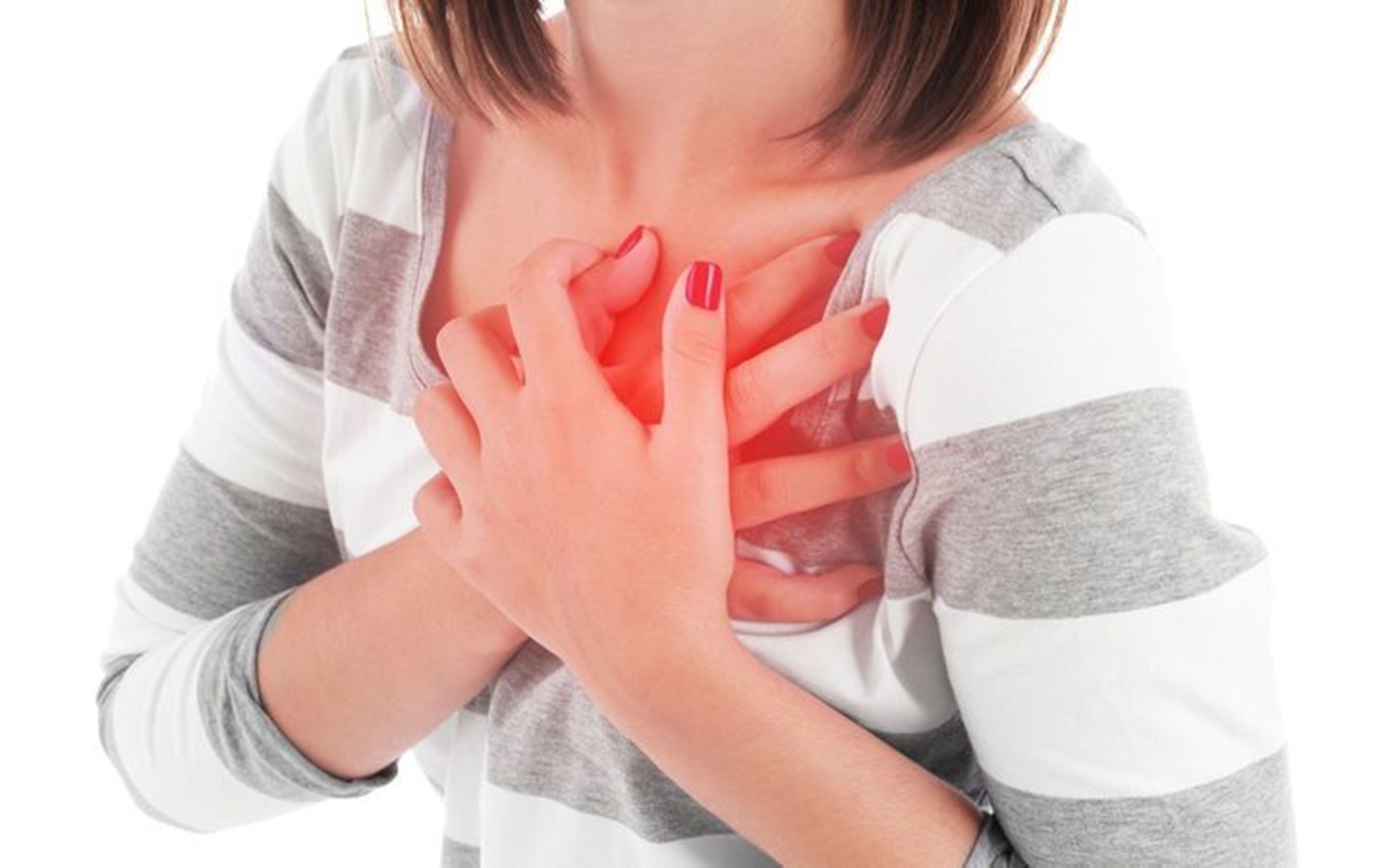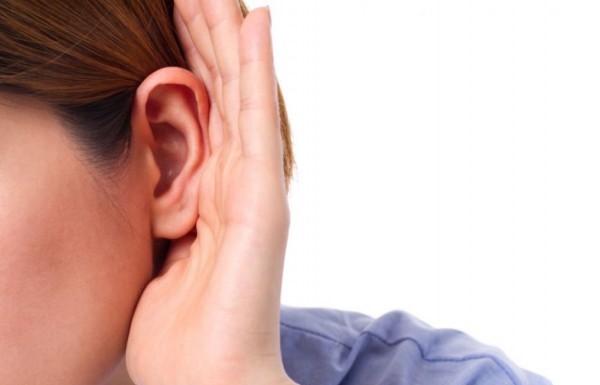| Product name | Per Pill | Savings | Per Pack | Order |
|---|---|---|---|---|
| 30 pills | $1.78 | $53.37 | ADD TO CART | |
| 60 pills | $1.34 | $26.42 | $106.74 $80.32 | ADD TO CART |
| 90 pills | $1.19 | $52.84 | $160.11 $107.27 | ADD TO CART |
| 120 pills | $1.12 | $79.25 | $213.48 $134.23 | ADD TO CART |
| 180 pills | $1.05 | $132.09 | $320.22 $188.13 | ADD TO CART |
| 270 pills | $1.00 | $211.35 | $480.34 $268.99 | ADD TO CART |
Hypertension, or high blood pressure, is a common condition that affects millions of people worldwide. If left untreated, it can lead to serious health complications, including heart disease, stroke, and kidney damage. One effective way to manage hypertension is by taking medication, such as Avalide 162.5 mg. In this article, we will delve into the world of Avalide 162.5 mg, exploring its benefits, side effects, and how to purchase it online.
What is Avalide 162.5 mg?
Avalide 162.5 mg is a combination medication that contains two active ingredients: irbesartan and hydrochlorothiazide. Irbesartan is an angiotensin II receptor antagonist, which helps to relax blood vessels and reduce blood pressure. Hydrochlorothiazide is a diuretic, which helps to remove excess fluid from the body and reduce blood pressure. The combination of these two ingredients makes Avalide 162.5 mg an effective treatment for hypertension.
Benefits of Avalide 162.5 mg
The benefits of taking Avalide 162.5 mg are numerous. Some of the most significant advantages include:
- Effective blood pressure reduction: Avalide 162.5 mg has been shown to be effective in reducing blood pressure in patients with hypertension.
- Improved cardiovascular health: By reducing blood pressure, Avalide 162.5 mg can help to reduce the risk of cardiovascular disease, including heart attack and stroke.
- Convenient dosing: Avalide 162.5 mg is available in a once-daily dose, making it easy to incorporate into your daily routine.
- Cost-effective: Avalide 162.5 mg is a cost-effective treatment option, especially when compared to other combination medications.
Side Effects of Avalide 162.5 mg
While Avalide 162.5 mg is generally well-tolerated, there are some potential side effects to be aware of. These include:
- Dizziness and lightheadedness: Avalide 162.5 mg can cause dizziness and lightheadedness, especially when standing up quickly.
- Headache and fatigue: Some patients may experience headache and fatigue when taking Avalide 162.5 mg.
- Increased urination: As a diuretic, hydrochlorothiazide can cause increased urination, which may be inconvenient for some patients.
- Electrolyte imbalance: Avalide 162.5 mg can cause an electrolyte imbalance, especially in patients with pre-existing kidney disease.
How to Purchase Avalide 162.5 mg Online
Purchasing Avalide 162.5 mg online can be a convenient and cost-effective way to manage your hypertension. Here are some tips to keep in mind:
- Choose a reputable online pharmacy: Make sure to choose a reputable online pharmacy that is licensed and regulated by a reputable authority.
- Check the price: Compare prices among different online pharmacies to find the best deal.
- Look for discounts: Many online pharmacies offer discounts for bulk purchases or loyalty programs.
- Check the shipping options: Make sure the online pharmacy offers convenient shipping options, such as free shipping or express delivery.
Table: Comparison of Online Pharmacies
| Online Pharmacy | Price | Shipping Options | Discounts |
|---|---|---|---|
| Pharmacy A | $10.99 | Free shipping, express delivery | 10% off bulk purchases |
| Pharmacy B | $12.99 | Free shipping, standard delivery | 5% off loyalty program |
| Pharmacy C | $9.99 | Express delivery, standard delivery | 15% off bulk purchases |
Tips for Taking Avalide 162.5 mg
Here are some tips to keep in mind when taking Avalide 162.5 mg:
- Take it at the same time every day: Take Avalide 162.5 mg at the same time every day to help establish a routine.
- Take it with food: Take Avalide 162.5 mg with food to help reduce the risk of stomach upset.
- Monitor your blood pressure: Regularly monitor your blood pressure to ensure that Avalide 162.5 mg is working effectively.
- Tell your doctor about any side effects: If you experience any side effects, tell your doctor promptly.
List of Frequently Asked Questions
Here are some frequently asked questions about Avalide 162.5 mg:
- Q: Can I take Avalide 162.5 mg if I have kidney disease? A: Yes, but you should consult with your doctor first to determine the best course of treatment.
- Q: Can I take Avalide 162.5 mg if I am pregnant or breastfeeding? A: No, Avalide 162.5 mg is not recommended for pregnant or breastfeeding women.
- Q: Can I take Avalide 162.5 mg with other medications? A: Yes, but you should consult with your doctor first to determine the best course of treatment.
Ordering Avalide 162.5 mg with Mastercard
If you want to order Avalide 162.5 mg with Mastercard, you can follow these steps:
- Choose a reputable online pharmacy: Choose a reputable online pharmacy that accepts Mastercard.
- Add Avalide 162.5 mg to your cart: Add Avalide 162.5 mg to your cart and proceed to checkout.
- Enter your Mastercard details: Enter your Mastercard details and complete the payment process.
- Wait for delivery: Wait for your Avalide 162.5 mg to be delivered to your doorstep.
Discount Avalide 162.5 mg
If you are looking for a discount on Avalide 162.5 mg, you can try the following:
- Look for coupons: Look for coupons or discount codes online that can be used to purchase Avalide 162.5 mg.
- Check with your insurance provider: Check with your insurance provider to see if they offer any discounts on Avalide 162.5 mg.
- Purchase in bulk: Purchasing Avalide 162.5 mg in bulk can help you save money in the long run.
In conclusion, Avalide 162.5 mg is an effective treatment for hypertension that offers numerous benefits, including convenient dosing and cost-effectiveness. By following the tips outlined in this article, you can purchase Avalide 162.5 mg online and start managing your hypertension today. Remember to always consult with your doctor before starting any new medication, and to monitor your blood pressure regularly to ensure that Avalide 162.5 mg is working effectively.
High blood pressure, also known as hypertension, is a serious medical condition that affects millions of people worldwide. It is a major risk factor for heart disease, stroke, and kidney disease, and can have severe consequences if left untreated or poorly managed. In this article, we will delve into the world of high blood pressure, exploring its causes, symptoms, diagnosis, treatment options, and management strategies.
What is High Blood Pressure?
High blood pressure is a condition in which the force of blood against the walls of the arteries is too high. Blood pressure is measured in millimeters of mercury (mmHg) and is expressed as two numbers: systolic pressure (the top number) and diastolic pressure (the bottom number). A normal blood pressure reading is typically around 120/80 mmHg. However, if the reading is consistently above 140/90 mmHg, it is considered high blood pressure.
Causes of High Blood Pressure
There are several factors that can contribute to the development of high blood pressure. Some of the most common causes include:
- Genetics: Family history can play a significant role in the development of high blood pressure. If your parents or grandparents had high blood pressure, you are more likely to develop it as well.
- Age: Blood pressure tends to increase with age, with most people experiencing a rise in blood pressure after the age of 40.
- Obesity: Being overweight or obese can increase your risk of developing high blood pressure, as excess weight can put strain on the heart and blood vessels.
- Physical inactivity: A sedentary lifestyle can contribute to high blood pressure, as regular physical activity can help to lower blood pressure and improve overall cardiovascular health.
- Smoking: Smoking is a significant risk factor for high blood pressure, as it can damage the blood vessels and increase blood pressure.
- Diet: A diet that is high in sodium, sugar, and saturated fats can contribute to high blood pressure.
- Stress: Chronic stress can raise blood pressure, as it can cause the body to release stress hormones that can increase blood pressure.
Symptoms of High Blood Pressure
High blood pressure often has no symptoms, which is why it is often referred to as a "silent killer." However, some people may experience symptoms such as:
- Headaches: High blood pressure can cause headaches, as the increased pressure can lead to blood vessel damage and inflammation.
- Dizziness: High blood pressure can cause dizziness or lightheadedness, as the increased pressure can affect blood flow to the brain.
- Nosebleeds: High blood pressure can cause nosebleeds, as the increased pressure can lead to blood vessel damage and rupture.
- Fatigue: High blood pressure can cause fatigue, as the increased pressure can affect the body's ability to deliver oxygen and nutrients to the cells.
Diagnosis of High Blood Pressure
Diagnosing high blood pressure typically involves a physical exam, medical history, and blood pressure measurements. Your doctor may also order additional tests, such as:
- Electrocardiogram (ECG or EKG): This test measures the electrical activity of the heart and can help to diagnose any underlying heart conditions.
- Echocardiogram: This test uses sound waves to create images of the heart and can help to diagnose any underlying heart conditions.
- Urinalysis: This test checks for protein or blood in the urine, which can be a sign of kidney damage.
Treatment Options for High Blood Pressure
Treatment for high blood pressure typically involves a combination of lifestyle changes and medication. Some of the most common treatment options include:
| Lifestyle Change | Description |
|---|---|
| Weight loss | Losing weight can help to lower blood pressure, as excess weight can put strain on the heart and blood vessels. |
| Regular exercise | Regular physical activity can help to lower blood pressure and improve overall cardiovascular health. |
| Healthy diet | Eating a healthy diet that is low in sodium, sugar, and saturated fats can help to lower blood pressure. |
| Stress reduction | Practicing stress-reducing techniques, such as meditation or deep breathing, can help to lower blood pressure. |
| Smoking cessation | Quitting smoking can help to lower blood pressure and improve overall cardiovascular health. |
Some of the most common medications used to treat high blood pressure include:
- Diuretics: These medications help to remove excess fluid from the body, which can help to lower blood pressure.
- Beta blockers: These medications slow the heart rate and reduce the force of the heart's contractions, which can help to lower blood pressure.
- ACE inhibitors: These medications block the production of a chemical that can narrow blood vessels, which can help to lower blood pressure.
- Calcium channel blockers: These medications relax the blood vessels, which can help to lower blood pressure.
Managing High Blood Pressure
Managing high blood pressure requires a long-term commitment to lifestyle changes and medication. Some tips for managing high blood pressure include:
- Monitoring blood pressure: Regularly monitoring blood pressure can help to identify any changes or fluctuations in blood pressure.
- Taking medication as directed: Taking medication as directed can help to lower blood pressure and prevent complications.
- Maintaining a healthy lifestyle: Maintaining a healthy lifestyle, including a healthy diet, regular exercise, and stress reduction, can help to lower blood pressure and improve overall cardiovascular health.
- Getting regular check-ups: Getting regular check-ups with your doctor can help to monitor blood pressure and identify any potential complications.
Some additional tips for managing high blood pressure include:
- Getting enough sleep: Getting enough sleep can help to lower blood pressure and improve overall cardiovascular health.
- Practicing relaxation techniques: Practicing relaxation techniques, such as meditation or deep breathing, can help to lower blood pressure and reduce stress.
- Avoiding triggers: Avoiding triggers, such as smoking or excessive alcohol consumption, can help to lower blood pressure and improve overall cardiovascular health.
Conclusion
High blood pressure is a serious medical condition that requires prompt attention and management. By understanding the causes, symptoms, diagnosis, treatment options, and management strategies for high blood pressure, individuals can take control of their health and reduce their risk of complications. Remember to monitor your blood pressure regularly, take medication as directed, and maintain a healthy lifestyle to manage high blood pressure and improve overall cardiovascular health.
























